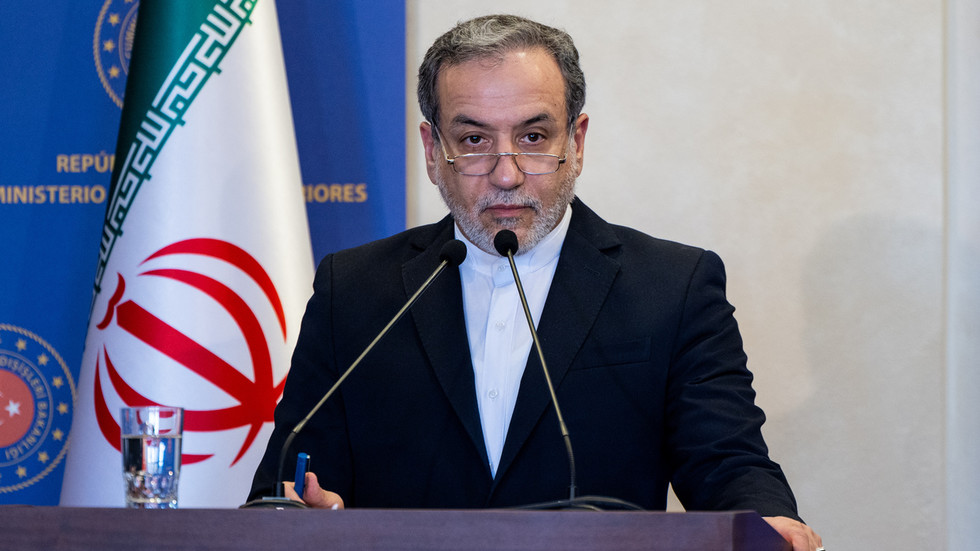Tensions between Iran and Israel have escalated significantly following a series of geopolitical developments, particularly relating to Iran’s missile attacks on Israel. On October 1, Iran launched nearly 200 ballistic missiles at Israel, which it claimed were in response to the targeted killings of leaders from Hamas, Hezbollah, and the Islamic Revolutionary Guard Corps (IRGC) in recent months. This marked a significant uptick in hostilities and has prompted Israel, under the leadership of Prime Minister Benjamin Netanyahu, to discuss possible retaliatory actions. Israeli officials, including Defense Minister Yoav Gallant, have indicated that any response would be carefully calculated, emphasizing that it would be “deadly,” “pinpoint accurate,” and potentially unexpected.
The United States has also found itself enveloped in the controversy, with President Joe Biden being pressed during a news briefing about Washington’s position on Israel’s potential military actions against Iran. Biden confirmed that he was aware of Israeli intentions to respond to Iranian provocations and indicated alignment with Israel’s right to act. However, he refrained from divulging any specific military details, leading to further speculation about the nature of the U.S.-Israel partnership and its implications for regional stability. This starkly underlines the increasing entanglement of U.S. diplomacy with Israeli military strategies, particularly in light of the ongoing conflict.
Iran’s Foreign Minister, Abbas Araghchi, made it clear that Iran would perceive any U.S. knowledge or support of Israeli military endeavors against Iran as complicity. He emphasized the accountability principle, suggesting that anyone involved in the planning or facilitation of an Israeli strike should be held responsible for any resultant casualties. His comments, articulated through social media, reflected Iran’s heightened vigilance towards potential attacks from Israel and its allies. Although Araghchi did not overtly name the U.S. in his statements, the indirect reference implied a direct correlation between U.S. support for Israel and potential consequences for those in Washington involved in the military planning or intelligence gathering.
The backdrop to these declarations includes significant leaks of classified information regarding Israeli military preparations against Iran. Reports emerged detailing not only high-level discussions within the Israeli government but also specifics about military exercises and preparations, including drone activities and munitions readiness, which were apparently directed towards a potential strike on Iranian targets. Such leaks have prompted the U.S. to initiate an investigation into the manner in which sensitive intelligence regarding Israel’s operations were disclosed. This is particularly concerning for U.S. intelligence and defense agencies, as it risks compromising the integrity of allied military operations and strategic deterrents in the region.
In the light of these developments, the discourse surrounding potential military actions has led to significant discussion regarding the implications for regional stability. Netanyahu’s office signaled that Israel would make consequential decisions about its military response based on national interest. This further complicates the political landscape, as Israeli officials are publicly deliberating overt threats to Iranian infrastructure, including nuclear facilities. Meanwhile, calls for a strong military response from various factions within Israel underscore a growing impatience regarding Iran’s advancements and calls for pre-emptive action to safeguard Israeli interests.
Overall, the current situation highlights a complex web of geopolitical maneuverings involving Iran, Israel, and the United States. As tensions mount, the potential for a larger conflict looms, with all parties cognizant of the potentially catastrophic consequences of miscalculation. The interplay between military posturing, public statements, and the implications of leaked intelligence will continue to shape the narrative in this volatile region, positioning all involved as key players in a deeply interconnected conflict that resonates well beyond their immediate borders.

